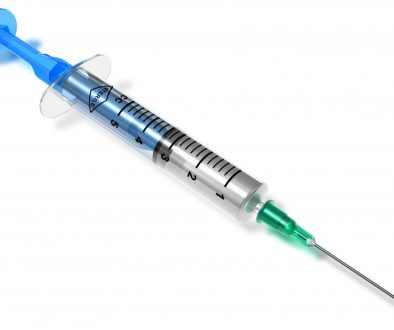What Is Needed For Probable Cause In A Dui Case To Stop A Vehicle?
Many DUI cases focuses on probable cause (4th Amendment) to stop a vehicle or the reasonable suspicion and probable to cause to arrest. It’s important, however, to also focus on what happens after the arrest.
 After you are arrested for a DUI, the police will give you a blood or breathalyzer test. If you are given blood test, your attorney must consider a defense argument based on fermentation or the failure to properly preserve your blood sample. Fermentation occurs when blood is not properly refrigerated. The lack of refrigeration causes the alcohol level within the sample to increase.
After you are arrested for a DUI, the police will give you a blood or breathalyzer test. If you are given blood test, your attorney must consider a defense argument based on fermentation or the failure to properly preserve your blood sample. Fermentation occurs when blood is not properly refrigerated. The lack of refrigeration causes the alcohol level within the sample to increase.
If the prosecution can’t establish a tight chain of custody it will provide your attorney with stronger argument for fermentation (lack of refrigeration). The prosecution won’t be able prove to that the sample was stored properly. Unlike the elements of a DUI (control, impairment, BAC) the district attorney (prosecution) doesn’t have to prove chain of custody beyond a reasonable doubt. The DA is only required to “provide sufficient evidence of a chain of custody to establish a reasonable inference that the identity and condition of the evidence remained unimpaired. This is a much lower evidentiary standard.
To establish a chain of custody, the Commonwealth must show who had possession and control of a blood sample from the time it was drawn, to when it was tested by the laboratory.” This is not always easy, in one Pennsylvania case for example, the DA was not able to prove an adequate chain of custody when the technician who drew the blood couldn’t remember how many vials she drew. The court found that this discrepancy called into question the blood results. Commonwealth v. Hess, 666 A.2d 705 (Pa. Super. Ct. 1995).
The DA, however, doesn’t have to establish a specific refrigeration temperature. Finally, the district attorney (prosecution) must prove that preservatives were added to the blood sample. Failing to add sufficient preservatives (potassium oxalate and sodium fluoride) can cause the neo-formation of alcohol (fermentation). E.F. Fitzgerald, Intoxication Test Evidence, 2d Sec. 19:3 (Clark Boardman Callaghan 1995). Improperly preserved blood may also undergo neo-formation (fermentation) of alcohol. Id. In some situation, blood that is alcohol free can show an alcohol content of as much as 0.20% to 0.30% without the proper preservatives. R.D. Erwin, Defense of Drunk Driving Cases, Criminal/Civil Sec. 17.07(2) (Matthew Bender & Co. 1990).
Contact Our Criminal Defense Lawyers in PA & NJ
Please click here to contact our Philadelphia criminal defense lawyers. We offer free case reviews and serve the following areas in Pennsylvania and New Jersey, Atlantic City, Camden, Cherry Hill, Chester, Conshohocken, Doylestown, Media, Norristown, Philadelphi



